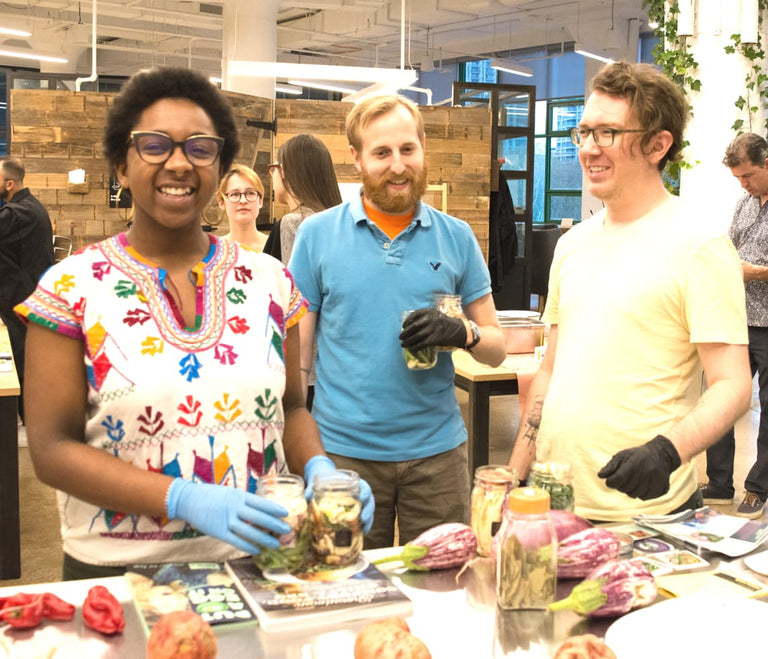Commemorating Juneteenth in 2020

Commemorating Juneteenth in 2020: Remembering the Past and Fighting for a Better Future
On June 19, 1865, Union soldiers arrived in Galveston, Texas to announce that the Civil War had ended and that all slaves were to be freed (two and a half years after the Emancipation Proclamation had been issued). Like other Texan cities, Galveston had previously resisted the emancipation of slavery, able to maintain it thanks to the inability of Union troops to enforce the executive order effectively. But with the surrender of General Robert E. Lee in April 1865, the Union was finally able to overcome Texans’ resistance, and Juneteenth became a day for Black-Americans to gather together and celebrate their freedom and reflect upon their roots through togetherness (and lots of food).
While many freed slaves used to make a pilgrimage back to Galveston in commemoration of Juneteenth, celebrations now look quite different – particularly so in 2020. Typically, festivals, picnics, and other celebrations are held on this holiday, but amid COVID-19, things are not going to be as they were. The inability to gather in large numbers has left many of these festivities cancelled and postponed, although many Chicago-based companies still plan to give employees the day off on June 19. Allowing their staff, Black and non-Black, time off in commemoration of the holiday is a first for many businesses as Juneteenth is not currently recognized as a national holiday.
Coronavirus restrictions aside, the nefarious events that spurred the anti-racism protests across the United States and globally makes this Juneteenth a complex one for many Black-Americans. Centuries of inequality bolstered by police brutality and unjust killings of Black-Americans have left some hesitant to celebrate. For Lazarus Lynch, Juneteenth is “where [he] finds her Blackness, hung in the pendulum somewhere between great pride and great anguish.” It’s a time for mourning, as well as a time for taking comfort wherever he can find it, and in his case, that means food.
In the late 1800s, the barbecue pit became the focal point around which family members and friends would gather, and it’s been the same way ever since. Red foods are considered traditional during Juneteenth festivities as it represents resilience, which is why red-dyed hot links and strawberry soda are especially popular. Fatty briskets and jerk chicken dripping with flavor over a smoky grill. Fried okra. Baked beans. Peach pie. Hot peppers. These dishes have become synonymous with Juneteenth for many celebrants, making them synonymous with remembrance, resilience, and solidarity as well.
Now more than ever, a celebration of Black culture is needed in all our homes, which is why we’re including some recipes to commemorate the struggles, resilience, and ingenuity of Black-Americans in the United States, both past and present. As Lynch put it, “Our food is our power. It is our protest. It is us. This Juneteenth, we eat from a table that has been built by our ancestors. We share and we feast. This is the tradition. This is my blackout.”

Juneteenth Recipes
Vinegar-Braised Collard Greens
Strawberry & Orange Summer Cake
Article by Local Roots Volunteer Jess Santoro (@jess_santoro)
Rather have a taste first?
Local Roots Experiences are fun, pop-up events where we bring the farm to you!

Become a Harvest Club Pick Up Location
Are you a NY based cafe, bar, or neighborhood business? Become a Harvest Club pick up location and have community members come to your establishment each week to pick up their Local Roots harvest.
Top






